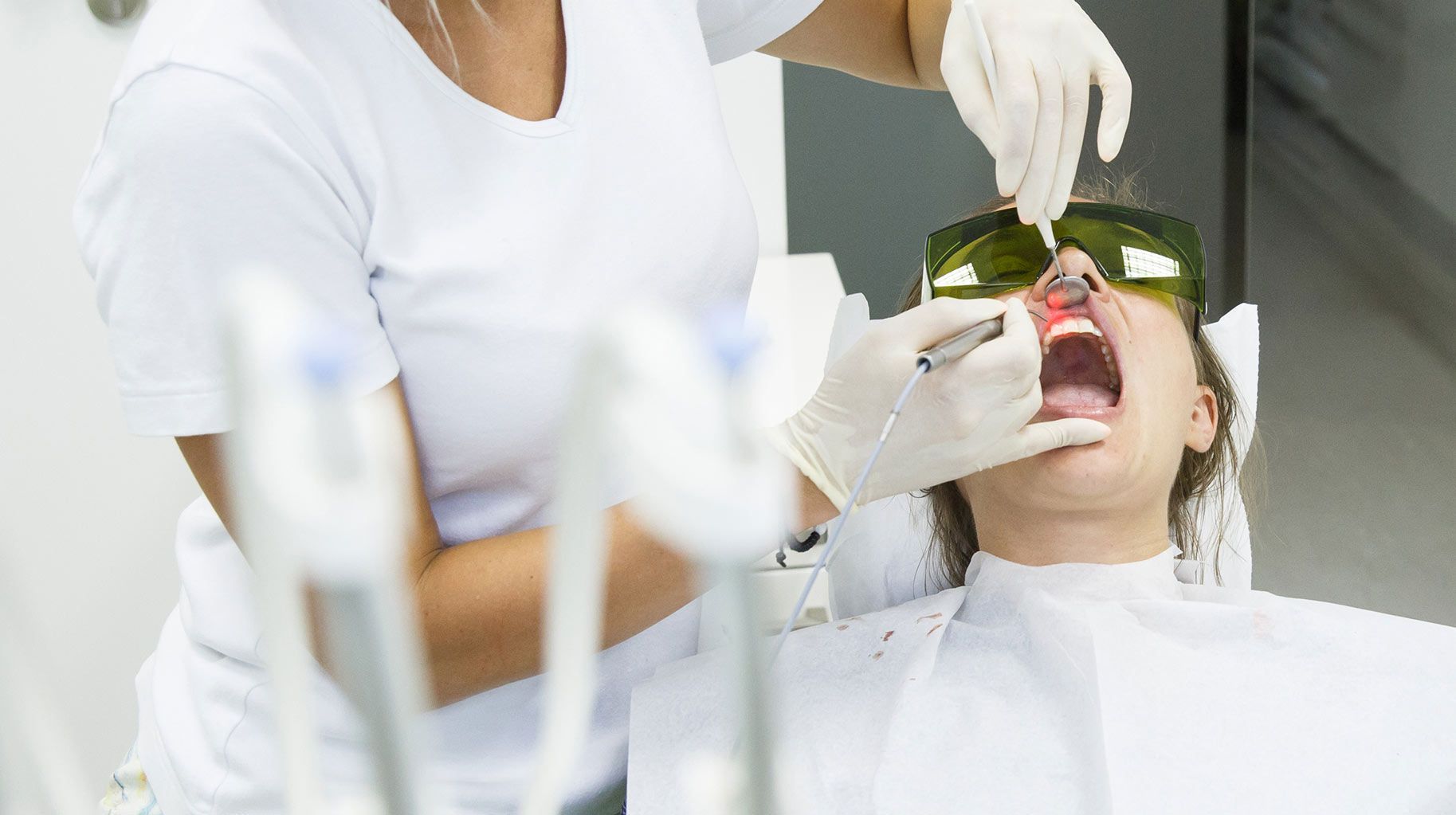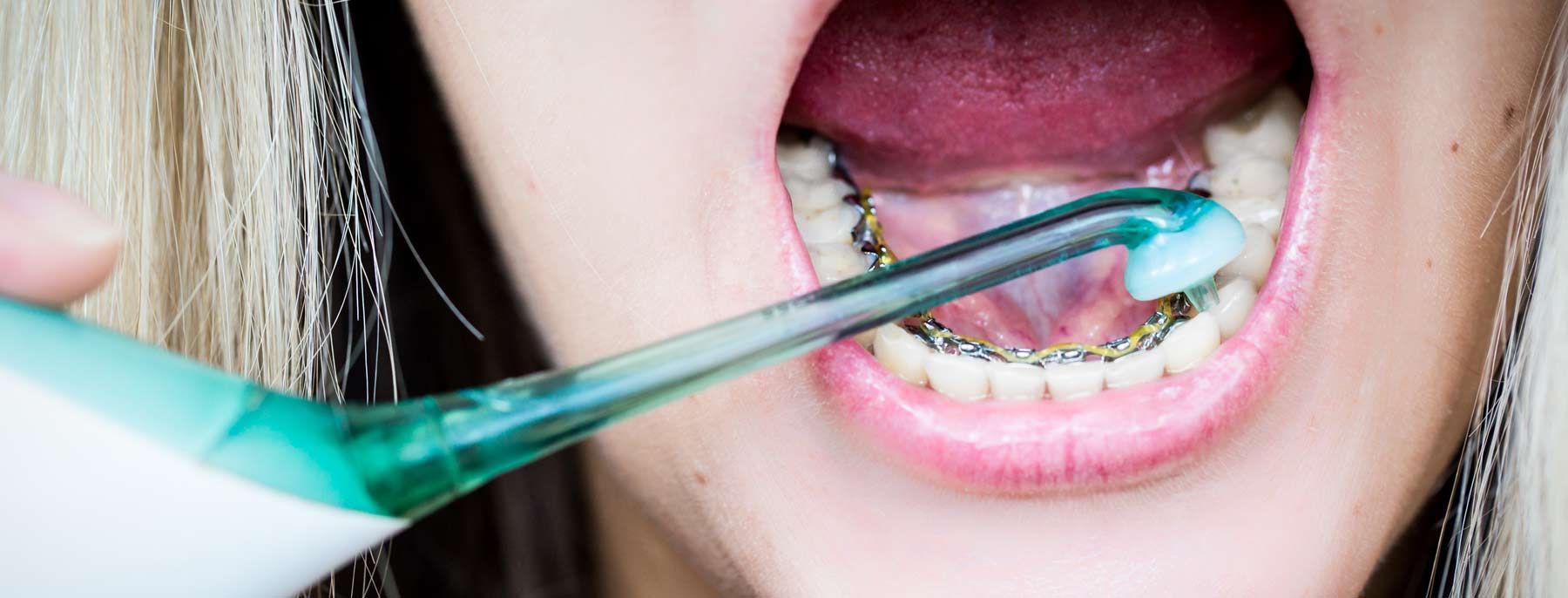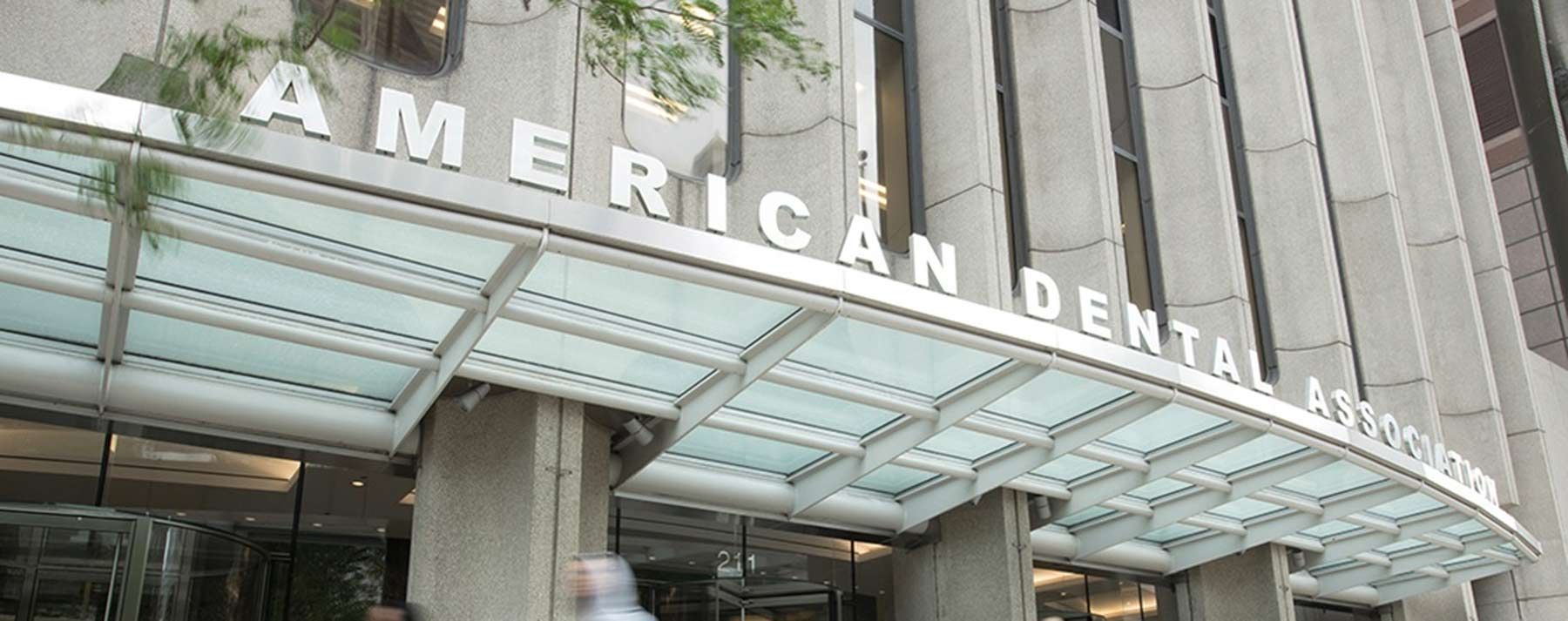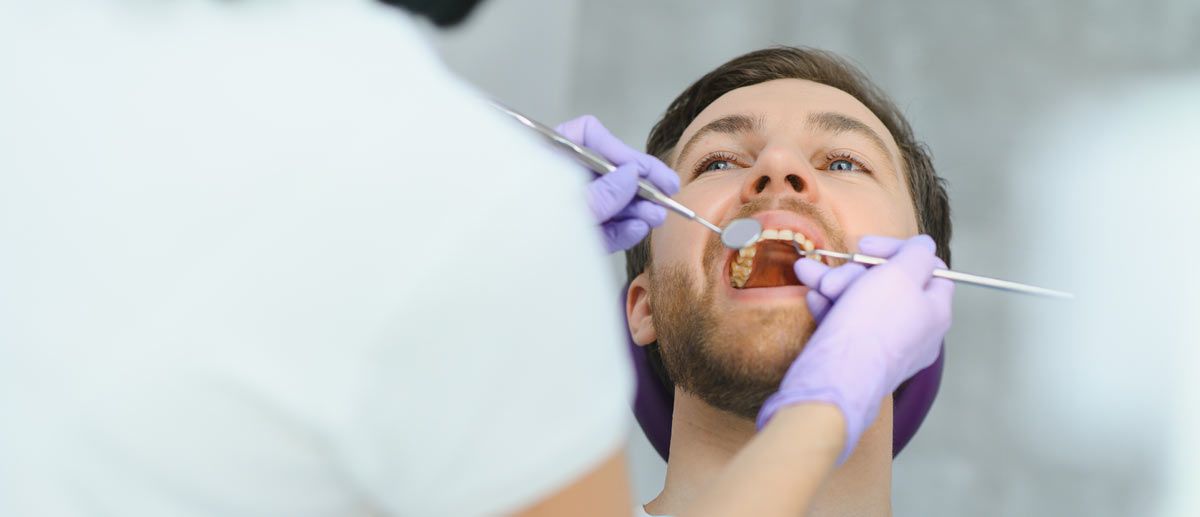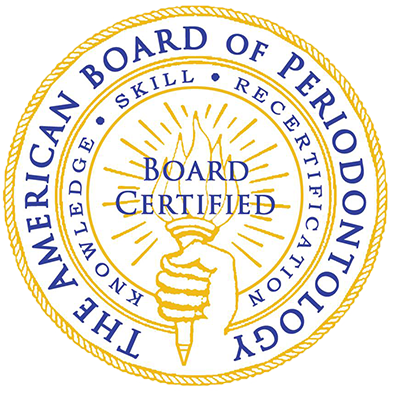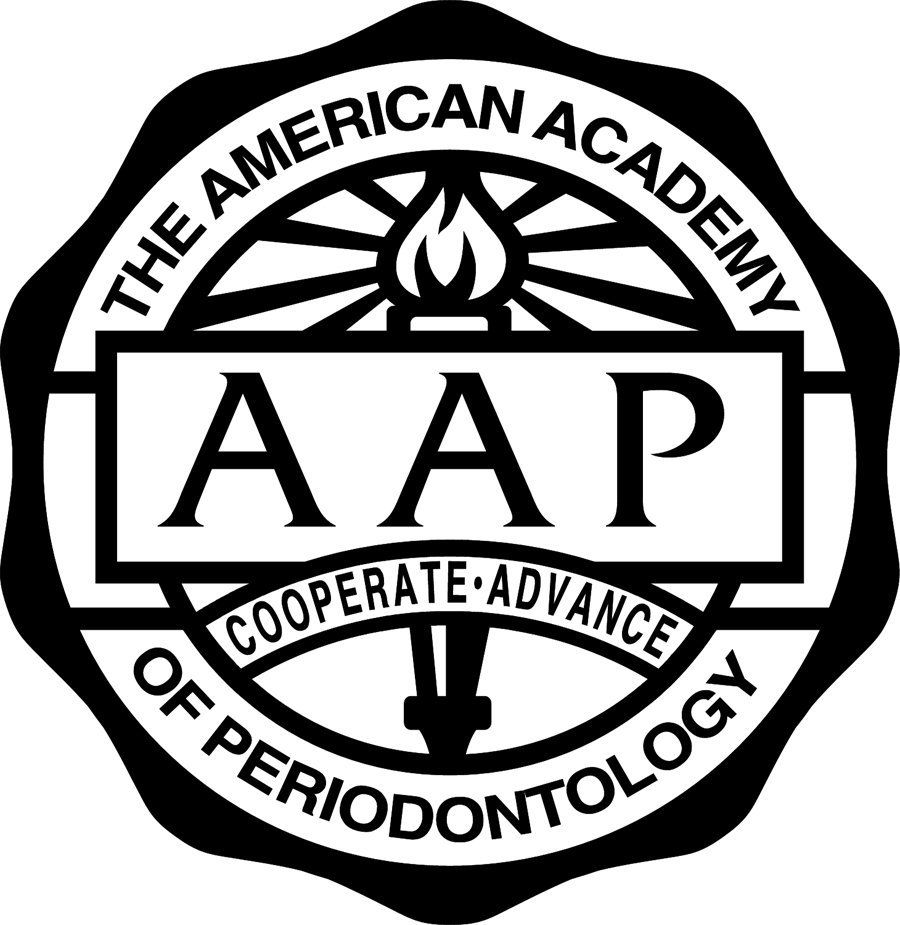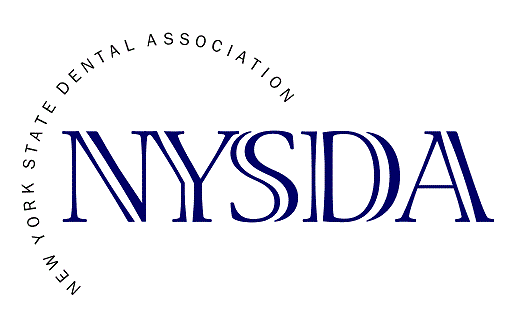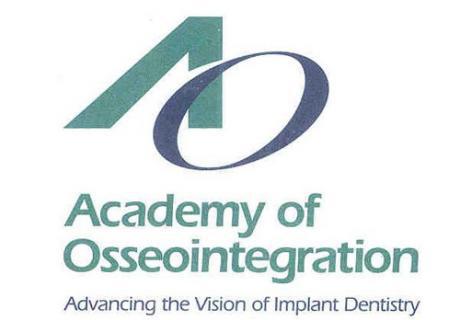Periodontal Disease During Pregnancy
Periodontal Disease and its Dangers During Pregnancy from Dr. Stephanie Sfiroudis, Leading Nassau County Periodontist
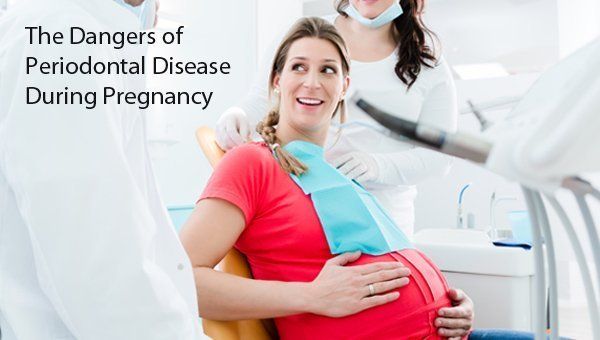
Fluctuation of hormones during pregnancy can have many effects on the body and health of the mother. You may not be aware of the kinds of oral health issues that can arise during this time. Inflammation of the gums (
gingivitis ) and
gum disease (periodontitis) are prevalent issues seen in pregnant women. The effects these issues can have on the health of the mother and unborn child can be quite detrimental. Read on to learn about the dangers of
periodontal disease during pregnancy and steps you can take to maintain your oral health.
Gum Disease During Pregnancy
A suspected cause of increased periodontal disease during pregnancy lies in the increase of the hormone, progesterone. Progesterone allows the bacteria that cause gingivitis to grow at more rapid speeds. A cycle is then begun that makes the gums more sensitive to plaque and sending the body's response to plaque-causing toxins into overdrive. Pregnancy can compound existing gingivitis.
If you're going to develop gingivitis induced by pregnancy, you'll likely begin to see reddening of the gums between the second and eighth month. Along with inflamed tissue, you could also experience bleeding of your gums and swelling.
Preventing Periodontal Disease During Pregnancy
Good oral hygiene is more important than ever during pregnancy, due to the fact that the likelihood of developing oral health issues is elevated. Always be sure to brush your teeth thoroughly at least twice daily and floss once per day. Using an antimicrobial mouthwash is also a good idea. Keep all scheduled dental checkups, as well. It is perfectly safe to visit the dentist for a cleaning and exam during your pregnancy.
Link Between Dental Issues and Pregnancy
Pregnancy tumors are gum lesions that develop during pregnancy. This large, inflamed lump will often have a bright red pinpoint mark on it and will reside near the upper gum line most frequently. It can be quite uncomfortable, making it hard to eat or speak. The blister will often bleed, and then heal. This cycle can continue throughout your pregnancy. You may notice the development of a pregnancy tumor at any period of your gestational development. The second trimester is common for developing these lesions, and they usually persist for the duration. The term "tumor" can be alarmingly deceiving. These bumps are not cancer-related, and they're not contagious. These annoying sores are usually the results of some kind of irritation in the mouth. About 10% of pregnancy women will encounter pregnancy tumors.
It is common for mouth sores such as this to occur alongside gingivitis. Often, it is best just to allow them to go away on their own, as they are likely to subside after childbirth. If you have one that is incredibly troublesome and causing you great pain, it can be removed by your dentist under local anesthesia. Unless you're experiencing severe pain, such a procedure may not be worth the time, as these tumors usually return. Sometimes dentists can locate the source of the tumor and remove it to alleviate associated symptoms. Consistent oral hygiene habits are the best preventive measure against pregnancy tumors.
There are even more dangerous complications that can arise while you are pregnant that are related to periodontal disease. Gum disease can actually lead to premature birth. Premature birth is defined as childbirth that occurs before the 37th week of gestation, and women with gum disease have been shown to be between four to seven times more likely to deliver early than those without. Extremely severe cases are associated with the chance of triggering childbirth as early as 32 weeks into pregnancy. A healthy, normal term length is 40 weeks in duration. Early delivery can have a negative outcome for the baby, such as low birth weight and developmental delays. Those who are exposed to gum disease-related bacteria in the womb have been shown to be at greater risk for health issues like Alzheimer's, Crohn's disease, diabetes, and cardiovascular disease in the future.
As you can see, poor oral hygiene during pregnancy can be problematic in some rather serious ways. Periodontal disease can develop despite your best efforts, but you can significantly reduce your risks, along with associated problems, if you pay particular attention to healthy dental habits while pregnant.
Please
contact Dr. Stephanie Sfiroudis for a free consultation regarding any questions or concerns about your periodontal health during pregnancy.

